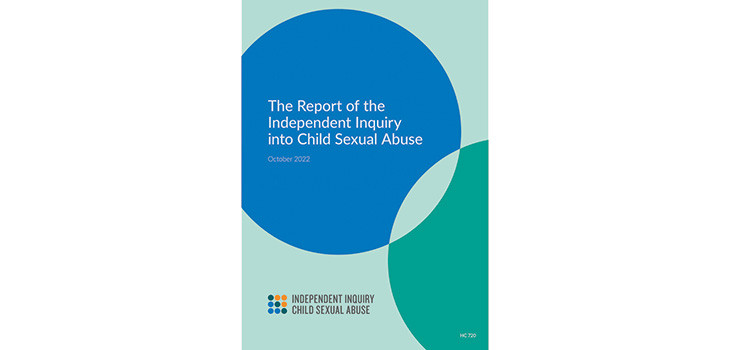
The government’s announcement that it will implement the recommendation by the Independent Inquiry into Child Sexual Abuse (IICSA) to remove the three-year primary limitation period for claims arising from child sexual abuse has been welcomed by abuse survivors. Once legislation is passed, there will be no time limit for civil claims. A defendant will still be able to secure a stay of proceedings if it can satisfy the court that a fair trial is impossible—but the burden of persuading the court will rest on the defendant.
This is a long overdue change. As claimant lawyers argued in evidence to IICSA, limitation has been a significant obstacle to civil justice for those who suffered non-recent child abuse. The gap in time between the abuse of a child, and the child’s disclosure of that abuse—which frequently occurs when the child is well into adulthood—can often be several decades. Claims are often brought many years after the









